| |



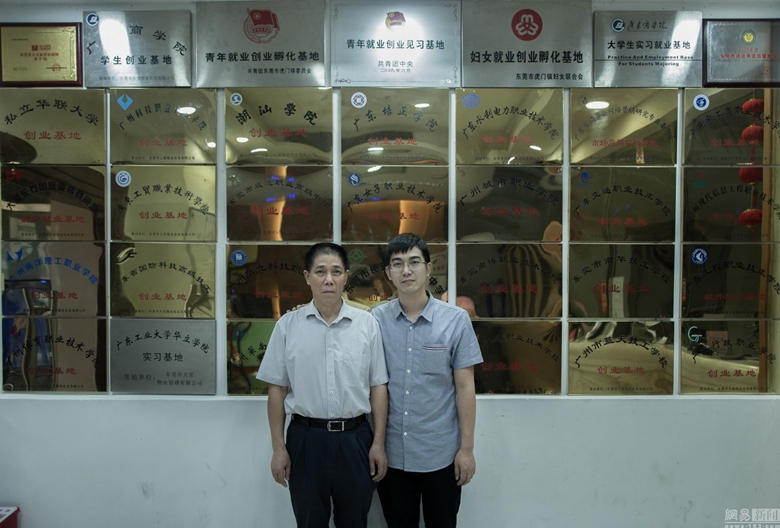
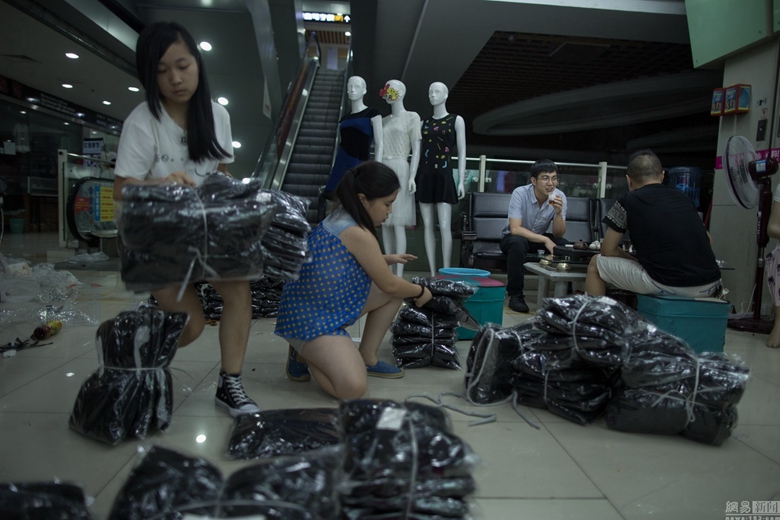
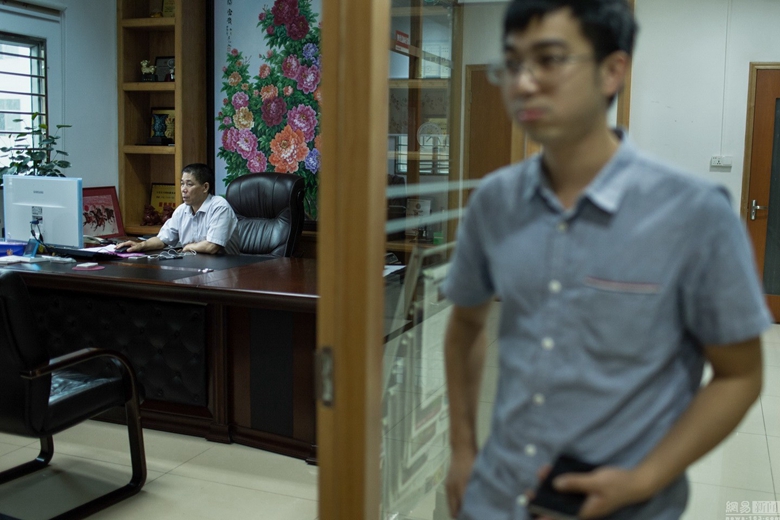
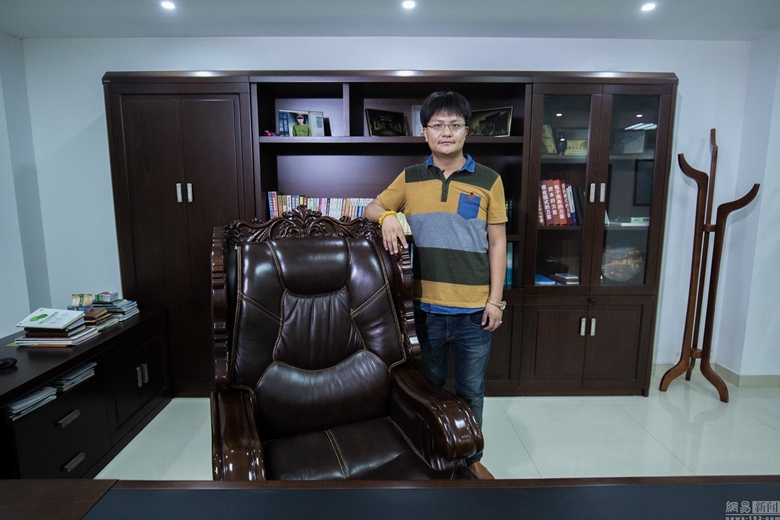
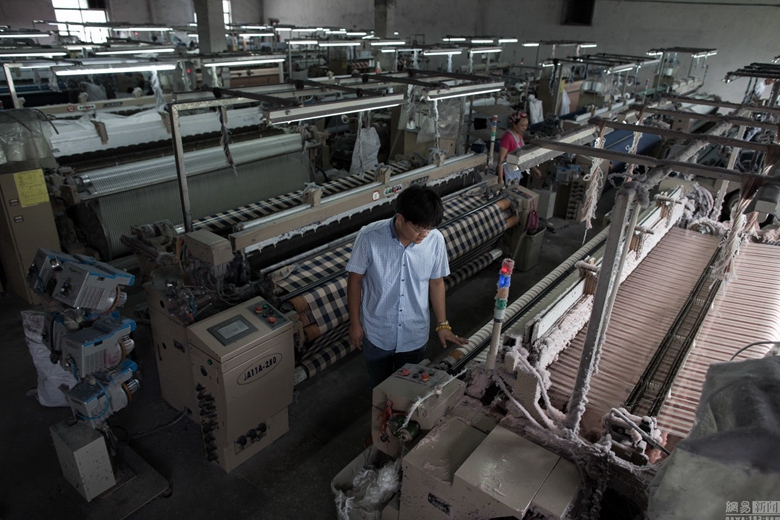



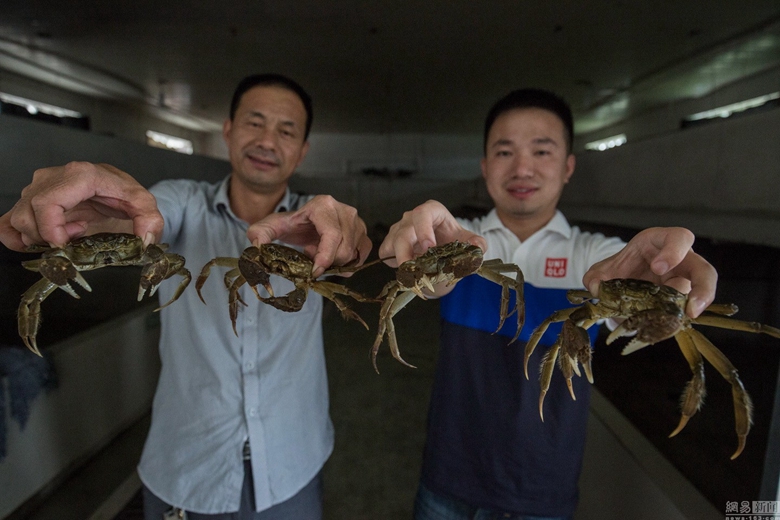
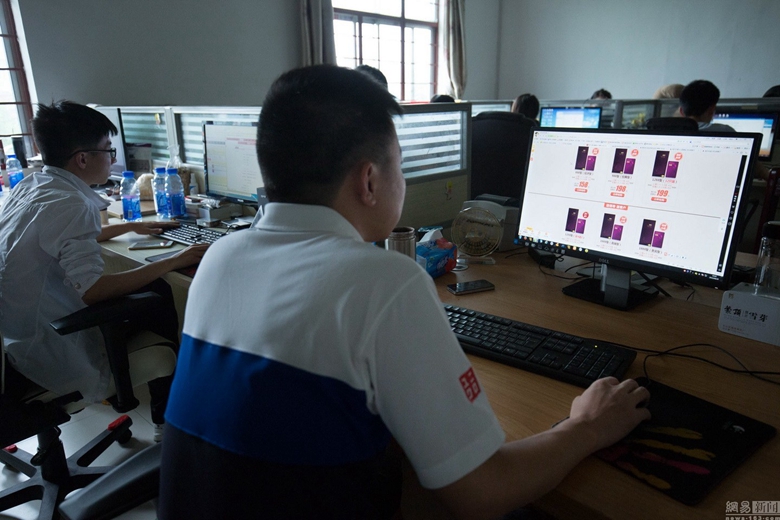
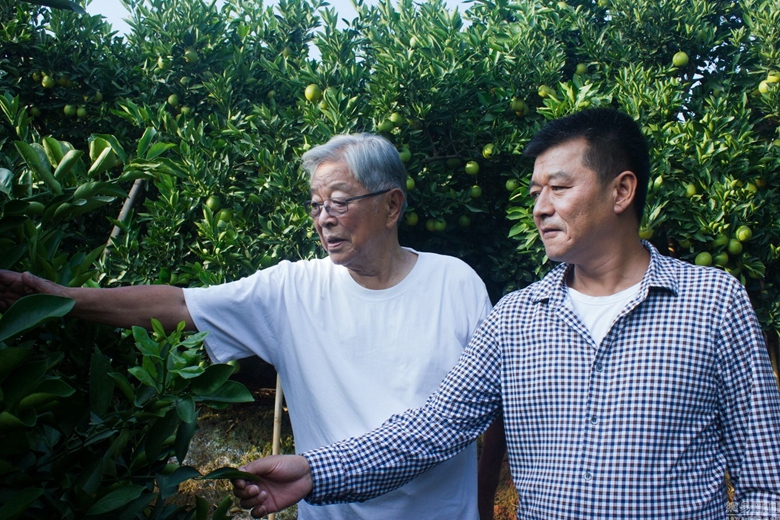
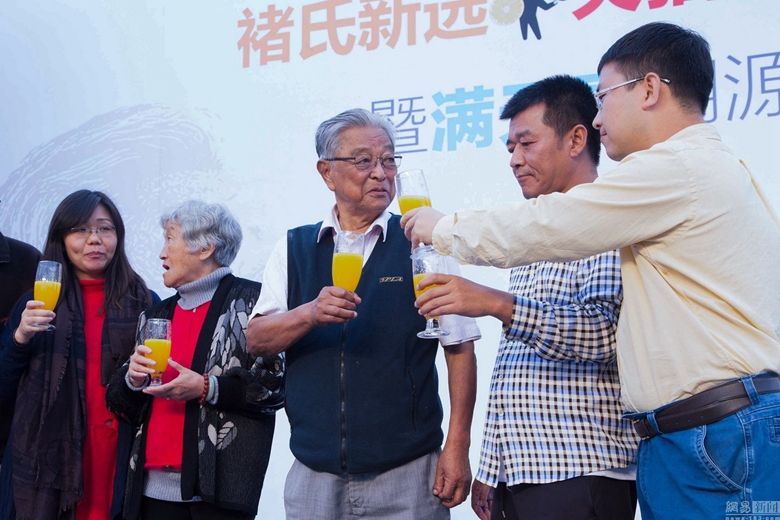

/
|
|
Photos are all courtesy of NetEase.com. Edited by Li Fangfang Chinese looking to snag a deal on November 11, also known as the Single's Day, the largest shopping day in the country, have started a new tradition: Watching a gala sponsored by Alibaba on November 10 and counting down until midnight. In 24 hours on the day, about 91.22 billion yuan ($14.33 billion) was spent online. Sales on Tmall reached 10 billion yuan ($1.57 billion) just 12 minutes and 28 seconds past midnight this year. It took 38 minutes in 2014 and 6 hours in 2013 for sales to reach that figure. Alibaba's Taobao and Tmall, China's largest consumer-to-consumer and business-to-consumer online marketplaces, established the shopping spree, which has become a boon for the founders and e-commerce companies across the country. The gross merchandise volume and enormous number of transactions show Chinese customers' strong consumption even in the midst of a slowing economy. Some experts say the high demand for e-commerce deals highlights a huge untapped market in China for online shopping and an opportunity for young entrepreneurs to create more online businesses, cashing in on the governments push for "mass entrepreneurship and innovation" through its "Internet Plus" initiative. "Mass entrepreneurship and innovation can provide fair opportunities for all, especially the young, to improve their lives and achieve better careers through their own efforts," said Chinese Premier Li Keqiang while visiting an exhibition of innovative products in Beijing on October 19. The Internet Plus strategy could push companies to create better interactions between businesses and clients online, particularly in the traditional manufacturing industry where there has been a historic lack of communication between clients and producers. Young entrepreneurs, including second-generation owners, from the fashion, textile or agriculture industries could create a new way of operating in business management by connecting these traditional industries and the Internet. This could be an opportunity to improve their own livelihoods, along with the industries and potentially the country as a whole. |
| About Us | Contact Us | Advertise with Us | Subscribe |
| Copyright Beijing Review All rights reserved 京ICP备08005356号 京公网安备110102005860号 |